Aerospace Cybersecurity: Satellite Hacking (W53)
$399.00
Courses Included
This course is meant for anyone who wants to learn more about space-related cybersecurity specifically in relation to satellite systems, to anyone of any skill level who is interested in expanding their skill set in satellite reconnaissance and vulnerability analysis.
Only 4 left in stock
Subscribe
Description
This course teaches the foundations of satellite cybersecurity by guiding you through the reconnaissance, communication dissection, decoding, and vulnerability analysis of satellite systems through interactive activities and tutorials. Learn about the underlying concepts of what makes satellite network infrastructure function and apply your knowledge to conduct digital forensics on real life satellites in orbit.
Who is this course for?
This course is meant for anyone who wants to learn more about space-related cybersecurity specifically in relation to satellite systems. This course is meant for anyone of any skill level who is interested in expanding their skill set in satellite reconnaissance and vulnerability analysis.
Why take it NOW?
The space industry has been expanding rapidly the past few years and this trend is expected to continue as more companies and organizations conduct space-related research and projects. The democratization and demand in the aerospace industry has also encountered bad actors who try to exploit the new technology for malicious purposes. In order to combat this growing threat, this course instructs you on the foundations of satellite security and detection methods for common satellite cyber attacks.
Why this course?
Learning aerospace cybersecurity is crucial in today's interconnected world, where technology plays a pivotal role in the aerospace industry. As the aerospace sector becomes increasingly reliant on digital systems, including aircraft controls, communication networks, and satellite operations, the potential vulnerabilities and risks also grow. By learning aerospace cybersecurity, individuals can develop the skills and knowledge necessary to protect these critical systems from cyber threats and attacks.
Course benefits:
What skills will you gain?
- A deep understanding of satellite communication systems
- Space-based OSINT skills
- Using Python scripts to retrieve satellite telemetry
- Digital forensics techniques with satellites
- Decoding and identifying satellite communication protocols
- Detecting for satellite hacking
What will you learn about?
- Orbital Mechanics
- Satellite Reconnaissance
- Decoding Satellite Communication
- Satellite On-Board Systems
- Listening to Satellites via Radio Frequencies
- Vulnerability Analysis of Satellites
- Common Attacks employed against satellites
- Detection of satellite hacking
What tools will you use?
- A variety of online OSINT tools such as N2YO and Celestrak
- Python
Course general information:
DURATION: 18 hours
CPE POINTS: On completion you get a certificate granting you 18 CPE points.
Course launch date: September 18th, 2023
Course format:
- Self-paced
- Pre-recorded
- Accessible even after you finish the course
- No preset deadlines
- Materials are video, labs, and text
- All videos captioned
What will you need?
A computer with Python3 and Pip installed.
What should you know before you join?
Only a basic understanding of Python is required.
YOUR INSTRUCTOR - Angelina Tsuboi

Angelina Tsuboi is a programmer, mechatronics developer, and cybersecurity researcher who is currently working for NASA. She is interested in educating others about the exciting field of aerospace cybersecurity in conjunction with developing her own programs and research in the field.
COURSE SYLLABUS
Module 1
Satellite Reconnaissance
Satellite reconnaissance is the first stage of any satellite attack process and is critical to learn in order to extract valuable data about the target satellite, such as its telemetry, protocols / encryption methods, and orbital parameters. Students will learn how to track down any satellite in space using open source tools and data sets.
Module 1 covered topics:
- Satellite Identification
- Orbital Parameters and Mechanics
- Two-Line Element Set Extraction and Interpretation
- OSINT Tools for Satellite Data Extraction
- Visualization of Satellite in Orbit
- Using Python scripts to parse satellite information
Module 1 exercises:
- Quizzes and questions about what data can and cannot be extracted about satellites
- Exercises to compute and visualize a satellite in orbit and its telemetry
- TLE reading and analysis questions
- Tests to check ability to successfully use Python scripts to analyze satellite telemetry
Module 2
Communication Analysis and Eavesdropping
The key vulnerability of satellites exists within their use of long-range communication to ground stations via open network security protocols. In this section, students will learn how to analyze communication data transmitted and received by satellites and the underlying concepts of how it works. This is imperative for students to learn because most attacks conducted on satellites involve some sort of manipulation of the satellite’s communication architecture.
Module 2 covered topics:
- Communication Foundations
- Frequency Bands and EM Waves
- Uplink, Downlink, and Communication Methods
- SATCOM explanation and problems of SATCOM
- Satellite Onboard Systems
- Technologies to listen to satellites
- Intercepting Satellite Signals
Module 2 exercises:
- Quizzes and questions about what the underlying concepts that make satellite communication work
- Questions on satellite communication terminology
- Interactive exercises using decoders
- Questions about satellite communication protocols
- Identification and questions about satellite onboard systems
Module 3
Reverse Engineering and Decoding Communication
This module covers the techniques necessary to decode satellite communication and what data can be extracted out of satellite communication. This is important to learn because most satellite systems do not adhere to a rigid communication protocol, making them vulnerable to decoding by ground-based attackers.
Module 3 covered topics:
- Communication Protocols
- Finding satellite passes
- Azimuth and elevation explanation
- Frequency band extraction exercises using OSINT skills
- Reverse Engineering Communication
- SDR tools for communication extraction
- Bandwidth and sample rate walkthrough
- Obtaining satellite transmissions
- Decoding Communication
Module 3 exercises:
- Quizzes and questions about satellite frequencies and analysis
- Pass prediction exercises using online resources
- Questions about SDR tools and how to use them
- Reverse engineering technique questions
- Exercises on decoding images from APT satellites
Module 4
Vulnerabilities and Attacks
The vulnerability and attack section of the course will cover common attacks that are employed to hack into satellites and what vulnerabilities they target. Students will get insight into what technologies are used to hack into satellites and how to mitigate attacks by delving into modern encryption protocols.
Module 4 covered topics:
- Types of attacks
- Jamming / Spoofing
- Eavesdropping
- Hijacking and Control
- TT&C Explanation
- Common Attack Strategies
- GNSS Spoofing Example
- Detecting for Satellite Hacking
- Attack Mitigation Strategies
- Future of Aerospace Cybersecurity
- Resources for Further Exploration
Module 4 exercises:
- Questions and quizzes that ask the student to identify the attack / vulnerability given a description of a situation
- Questions on TT&C
- GNSS Spoofing exercise
- Attack Mitigation quiz questions
- Test on attack strategies and identification
Final Exam
- Satellite Identification
- Orbital Parameters and Mechanics
- Reading TLEs
- Visualization of Satellite in Orbit
- Communication Foundations
- Frequency Bands and EM Waves
- SATCOM
- Intercepting Satellite Signals
- Finding satellite passes
- Azimuth and elevation
- Decoding satellite communication
- Types of attacks
- TT&C
- Satellite hacking detection methods
- Attack Mitigation Strategies
Contact
Only logged in customers who have purchased this product may leave a review.



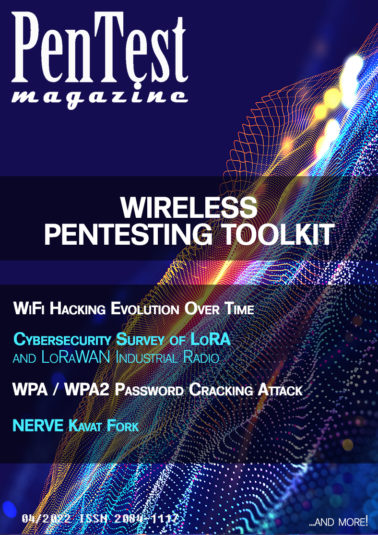

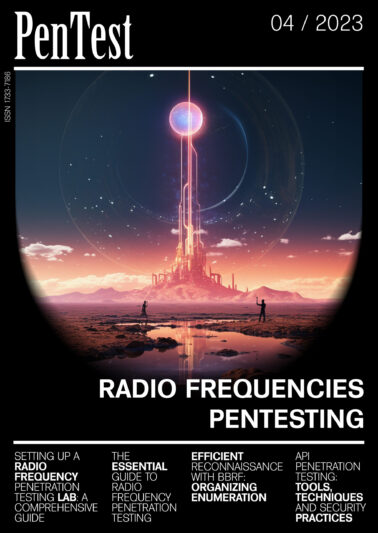

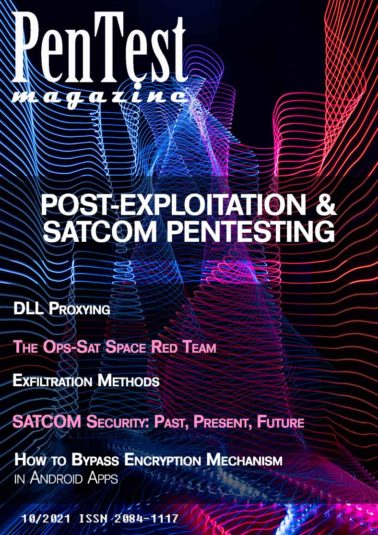
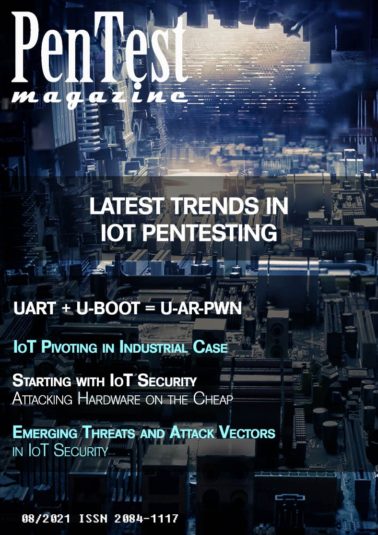
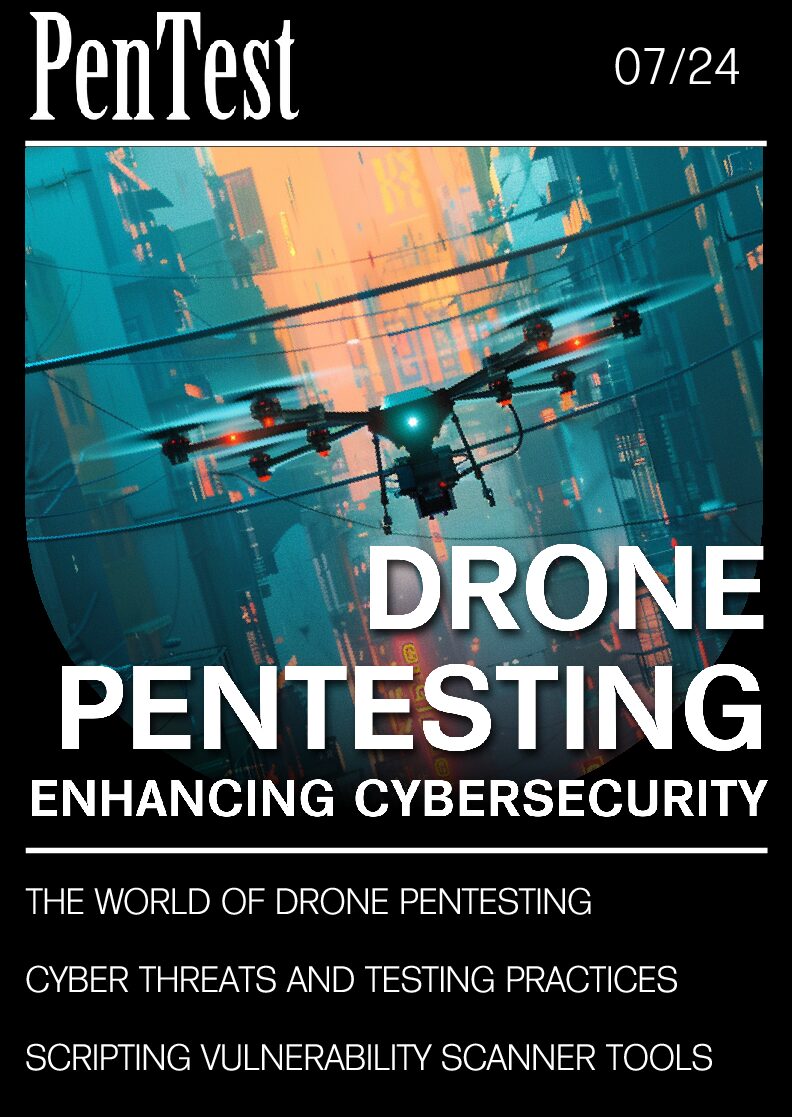



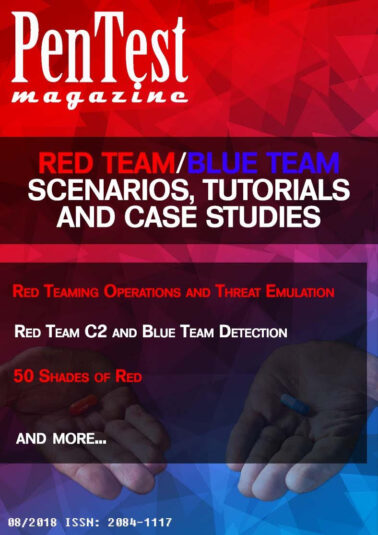
Reviews
There are no reviews yet.